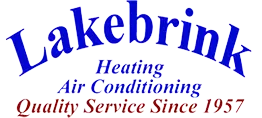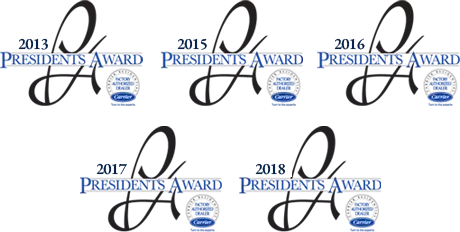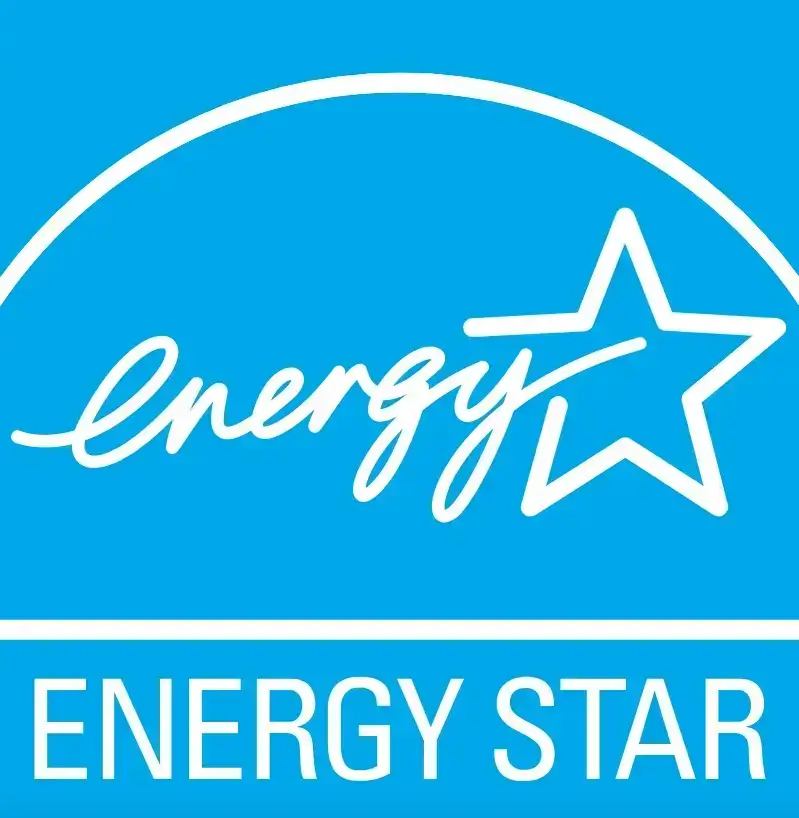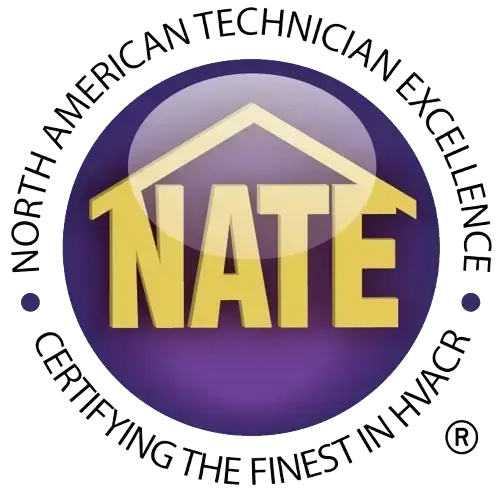Heat Pump VS Air Conditioner
Inverter Technology
Daikin’s inverter technology is a key feature in their heating, ventilation, and air conditioning (HVAC) systems, including air conditioners and heat pumps. Inverter technology is designed to optimize the performance and energy efficiency of these systems. Here are the main aspects of Daikin’s inverter technology:
- Variable Speed Operation: Daikin’s inverter technology allows the compressor in the HVAC system to operate at variable speeds. Unlike traditional systems that operate in an on/off manner, inverter-driven compressors can adjust their speed based on the heating or cooling demands of the space.
- Precise Temperature Control: The variable speed operation enables precise temperature control. The system can modulate the cooling or heating capacity to match the specific requirements of the indoor environment. This results in more consistent and comfortable temperatures.
- Energy Efficiency: Inverter-driven systems are more energy-efficient compared to traditional systems. By adjusting the compressor speed to match the load, the system avoids frequent on/off cycles, which tend to be less efficient. The ability to operate at lower speeds also helps in maintaining a steady temperature without excessive energy consumption.
- Quiet Operation: Daikin’s inverter technology contributes to quieter operation of the HVAC system. The variable speed operation allows the system to run at lower speeds during times of lower demand, reducing noise levels.
- Quick Comfort: Inverter-driven systems can achieve the desired temperature more quickly compared to traditional systems. The ability to ramp up or down the compressor speed efficiently allows for faster cooling or heating.
- Extended Lifespan: The reduced stress on components due to smoother operation can contribute to an extended lifespan of the HVAC system.
- Adaptability to Different Conditions: Daikin’s inverter technology is well-suited for various environmental conditions. It can efficiently provide heating and cooling even in extreme temperatures.
- Smart and Integrated Controls: Inverter-driven systems often come with smart controls that allow for precise adjustments and integration with other smart home technologies.
Daikin’s commitment to inverter technology reflects a focus on delivering energy-efficient, comfortable, and reliable HVAC solutions to consumers. When considering Daikin products, it’s advisable to check specific model features and consult with HVAC professionals to ensure the selected system meets your specific needs and preferences.
FIT HP vs AC
- Heating and Cooling Capability:
- Daikin FIT Heat Pump: A heat pump is designed to provide both heating and cooling. It can extract heat from the outdoor air (even in colder temperatures) to warm the indoor space during winter, and it functions as an air conditioner during warmer months.
- Daikin FIT AC: An air conditioner is primarily designed for cooling. It removes heat from the indoor air and releases it outside, keeping the indoor environment cool.
- Energy Efficiency:
- Daikin FIT Heat Pump: Heat pumps are known for their energy efficiency, especially in heating mode. They can transfer heat rather than generate it, making them more efficient in moderate climates.
- Daikin FIT AC: Air conditioners are efficient at cooling but do not provide heating.
- Operational Cost: How the FIT is different
- A Daikin FIT Heat Pump or Air Conditioner is an inverter system that has energy saving technology that helps reduce wasted operation in HVAC systems (compared to single and two stage systems) by efficiently controlling motor speed within the compressor of the unit. Temperature is adjusted by changing motor speed, maintaining your comfort while operating at an energy conserving level. Inverter technology also helps prevent the common, and uncomfortable, temperature swings normally experienced with non-inverter HVAC systems. An inverter system can reach your comfort setting quicker, and help to minimize temperature fluctuations within your home. A non-inverter system will turn ON to cool the air down until it reaches the desired set point, then turn OFF to avoid over-cooling. However, between the time the system shuts OFF and restarts, the humidity levels will begin to build again within a home. For homeowners in hot and humid climates, an inverter system may result in more consistency in indoor humidity levels through continually dehumidifying the home to balance the heat load. All Daikin inverter systems are engineered to achieve lower operating sound levels. By operating at a more energy-conserving speed and because of the elimination of the constant ON/OFF, inverter technology provides homeowners with a new level of acoustical comfort indoors and out.When you invest in Daikin, you’re getting more than just an HVAC unit. All Daikin inverter systems are engineered and manufactured, ensuring performance, reliability, and efficiency. The increased efficiency and operation of our inverter systems reduce the wear and tearon the compressor, contributing to durability and longevity of the system.
- Year Round Use:
- Daikin FIT Heat Pump: Suitable for year-round use, offering both heating and cooling functions.
- Daikin FIT AC: Typically used during warm months for cooling.
- Versatility:
- Daikin FIT Heat Pump: Offers versatility as a dual-function system for heating and cooling.
- Daikin FIT AC: Primarily designed for cooling applications.
- Warranty:
- Daikin FIT Heat Pump: 12 Year Unit Replacement and 12 Year Parts Warranty (Use badges)
- Daikin FIT AC: 12 Year Unit Replacement and 12 Year Parts Warranty Use badges
AFFORDABLE. EFFICIENT. SPACE-SAVING
When installation space is limited, families shouldn’t need to compromise on comfort. Ideal for zero lot lines, roof, wall, or terrace areas, the Daikin FIT features a new style solution allowing you to meet the demands of homes with the strictest of limitations with relative ease.







